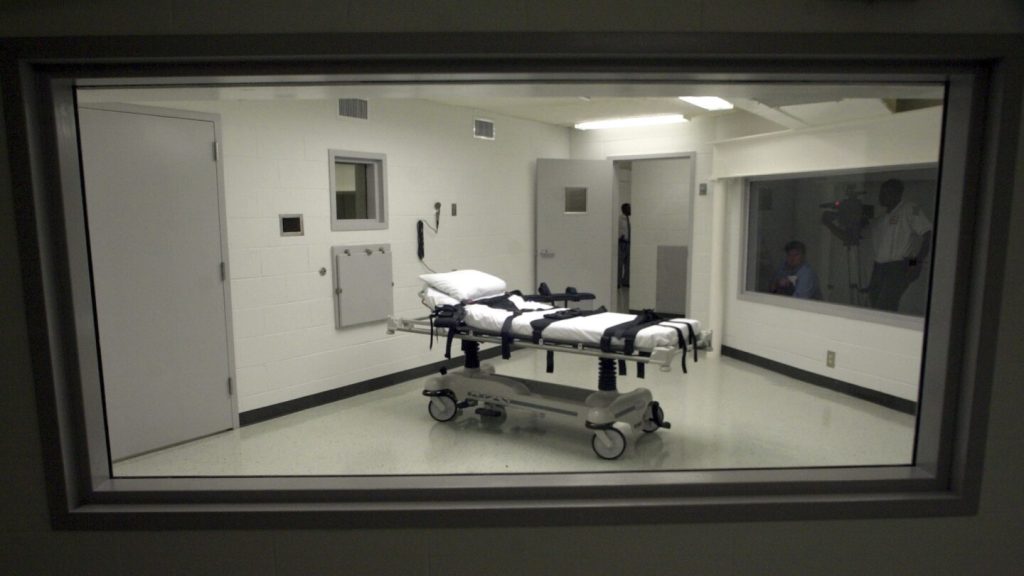In an unusual trend, five death row inmates in five different states are scheduled to be executed in just one week, marking the first time in over 20 years that such a high number of executions will occur in a short span of time. The executions are set to take place in Alabama, Missouri, Oklahoma, South Carolina, and Texas. The Death Penalty Information Center, a nonprofit organization, has noted that this spike in executions goes against the overall decline in both the use and support of the death penalty in the United States. The executions began on Friday in South Carolina, with four more scheduled to follow throughout the week, bringing the total number of executions in the U.S. since the reinstatement of the death penalty to 1,600.
The scheduling of five executions within a one-week period has been described as an anomaly by experts, with no specific reason other than coincidence being cited for this occurrence. Factors such as court decisions or elected officials setting dates for executions around the same time after inmates have exhausted their appeals can contribute to such anomalies. Challenges such as a state’s inability to obtain the necessary lethal drugs for executions or moratoriums resulting from past botched executions can also create a backlog in the execution process.
The first of the five scheduled executions took place in South Carolina, where inmate Freddie Owens was put to death for a crime committed in 1997. This execution marked the state’s first in 13 years due to delays caused by the unavailability of required lethal injection drugs. In Alabama, Alan Miller is set to become the second person in the U.S. to be executed using nitrogen gas after the state introduced this new method earlier this year. Miller, who received a reprieve in 2022, was convicted of killing three men during workplace shootings in 1999. In Texas, Travis Mullis, a man with a history of mental illness, is scheduled to be executed for killing his infant son in 2008.
In Missouri, Marcellus Williams is facing execution for the 1998 stabbing death of a woman, despite arguments from his attorneys regarding alleged procedural errors in his case. In Oklahoma, Emmanuel Littlejohn is set to receive a lethal injection for his involvement in a 1992 robbery that resulted in the shooting death of a convenience store owner. While Littlejohn has admitted to his role in the robbery, he denies firing the fatal shot. The state’s Pardon and Parole Board recommended clemency for Littlejohn, but the final decision rests with Governor Kevin Stitt. These upcoming executions highlight the ongoing debate and controversy surrounding the use of the death penalty in the United States.















